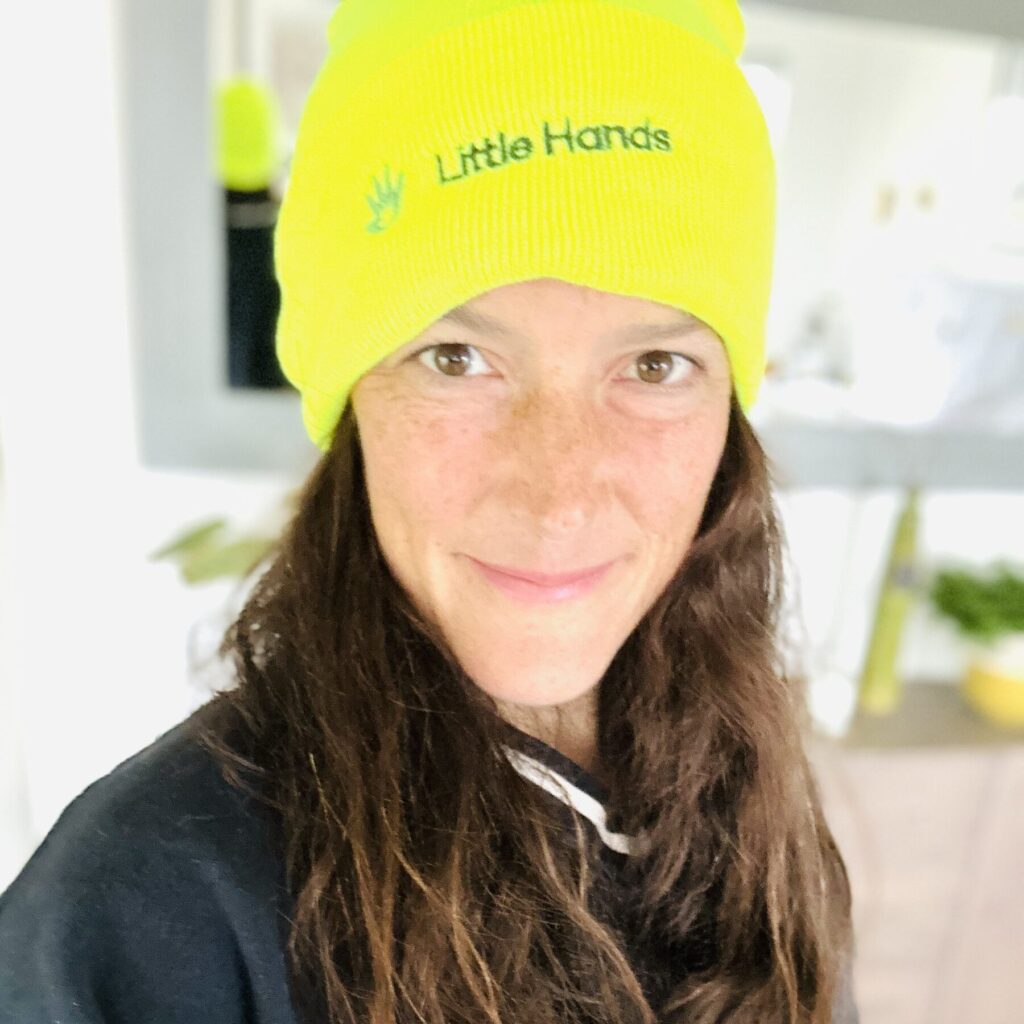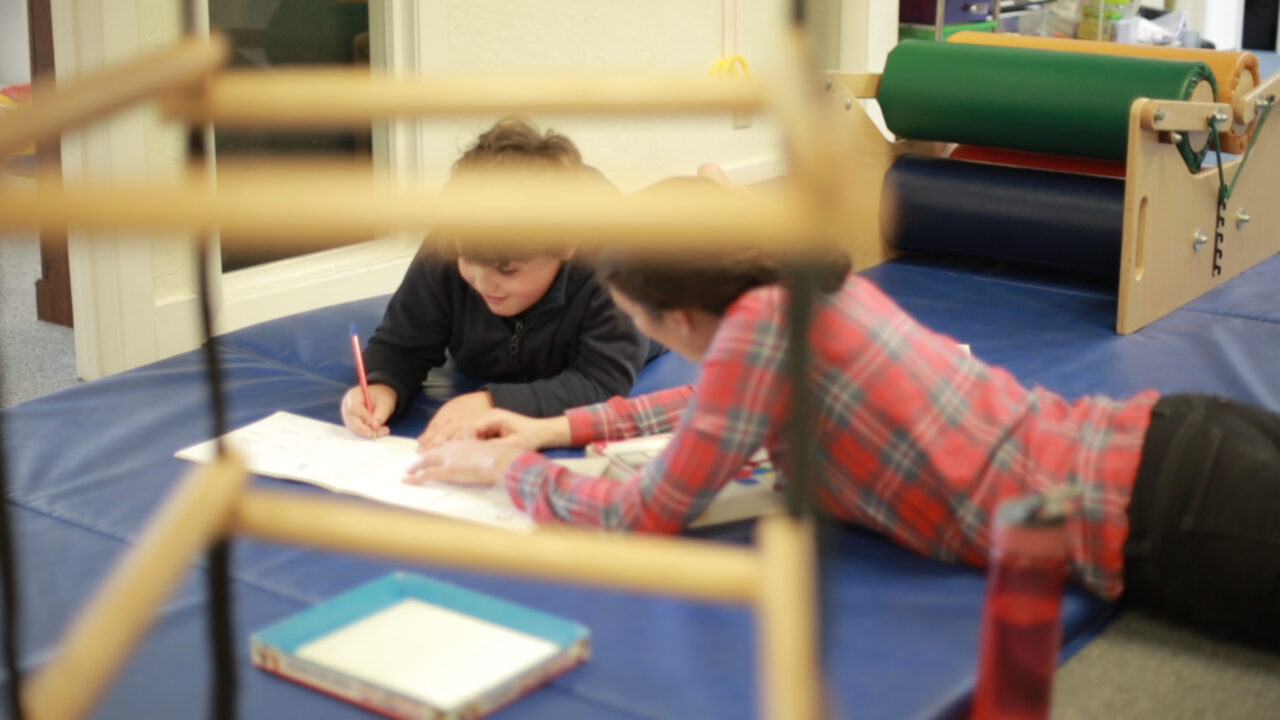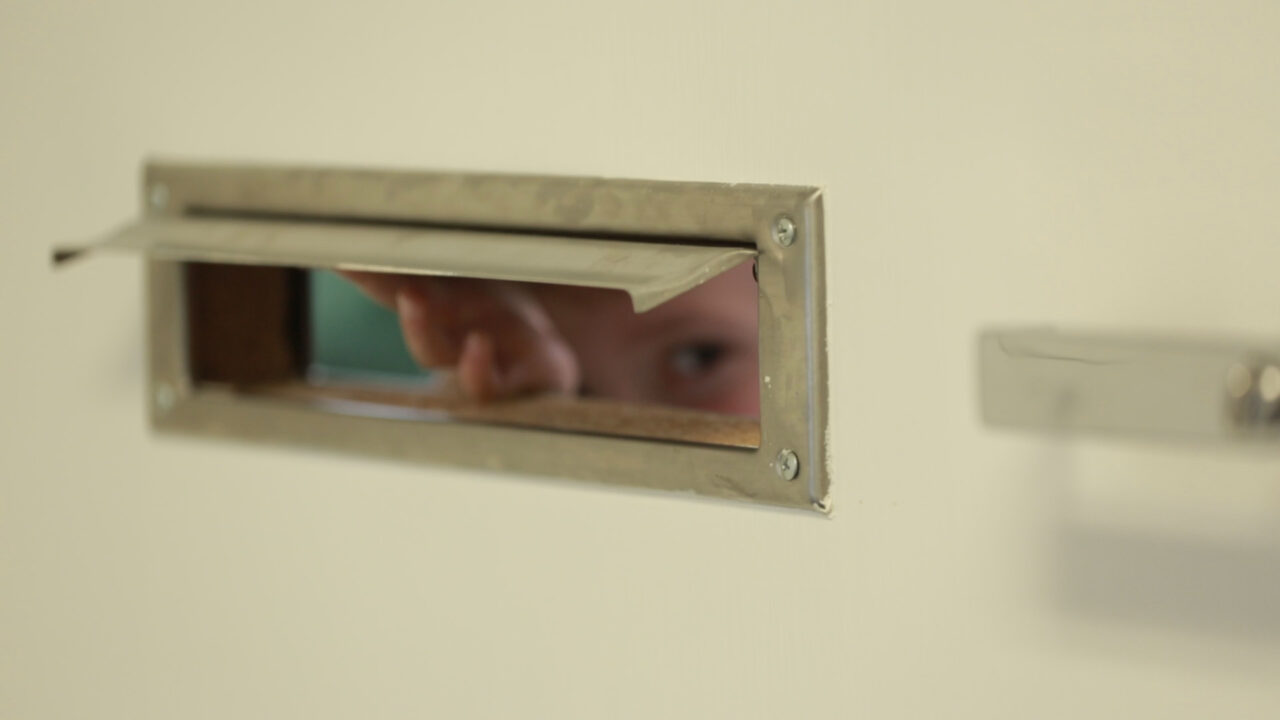

Forms for Parents
Intake Forms (New Clients)
Complete the intake form relevant to your needs. Forms can be filled out online, saved, and completed at your convenience. Simply input your responses and they will be submitted directly to our clinical care supervisor. The two intake forms also include Practices & Policies, Credit Card Authorization Form, and for our insurance families*, a section to include relevant insurance information.
*Please note, we are currently only contracted with Meritage and Kaiser. If you elect to pay privately, Little Hands can provide you with monthly superbills to submit to insurance for reimbursement.
- Occupational Therapy Intake Form (Online Form)
- Speech & Language Intake Form (Online Form)
Other Online Forms & Downloads (New & Existing Clients)
- Release of Information (Online Form)
- Feeding History Questionnaire (Online Form)
Scheduling & Insurance Support

Patient Portal
Little Hands supports families with the insurance reimbursement process by providing monthly invoices through the patient portal, which serve as superbills.
More Information on Navigating the Patient Portal
Partnering With Undivided
Little Hands has partnered with Undivided (https://undivided.io/) to help our clients navigate the endless insurance swirl. Undivided’s insurance experts can help you unlock access to the care and benefits your child deserves.
- Download Flyer (PDF Download)
- Learn More @ Undivided Resource Center (External Website)
Frequently Asked Questions
Little Hands supports families with the insurance reimbursement process by providing monthly invoices through the patient portal, which serve as superbills.
More Information on Navigating the Patient Portal
One of the key attributes that sets Little Hands apart from other pediatric clinics is our environment. We strive to create a “real environment” for the children to work towards their therapeutic goals. Research states that simulating a child’s natural environment fosters quicker generalization of skills. Our clinic mimics a natural environment (playground, classroom, etc…) and children do not work in isolation with their therapist, but throughout the session encounter typical daily interactions, where they can work on their individual goals in real time.
There are many ways you can explain why your child is going to Little Hands.
Here are a few:
- If for motor skill training: It is a fun kids gym, to help make your muscles stronger
- If for social skill training: It is a fun place that kids go to meet new friends and have playdates
- If for occupational therapy: It is a fun place where teachers help you learn tools to help calm your body
Our clinic space is a fun, dynamic and colorful experience. It is designed for kids to move their bodies and have fun. At your child’s first visit, a therapist will greet you at the door. Some children separate from their parents easily and are excited to get started playing with the therapist; others prefer that their parents stay close by. We let the child lead.
During the first evaluative session, it should be fun and playful for the kids while the therapist is collecting important baselines through standardized assessments to determine how to best support and formulate goals for each child. For the older child, a conversation about their personal goals is addressed in this first session.
We are currently in network with Meritage and certain HMO plans. If you are not in network, we do offer super bills, which are receipts of payment coded for you to submit to your insurance as an out of network expense.
Families are also encouraged to seek out a gap exception and/or an “in for out” for our services, due to the claim that there are no other “in network” clinics that provide our services within a reasonable driving distance. With a gap exception or an “in for out” families are typically able to get in-network reimbursement for our services.
Our first evaluative session will determine the need for a comprehensive write up and subsequent treatment/therapy.
Little Hands is committed to providing home programs and school programs for each child. We work collaboratively with families and teachers to make sure everyone is working as a team in support of the child’s goals. Typically, at the time of evaluation, a school visit is performed in order to obtain information about a child’s functioning at school and to begin this collaboration with his/her teacher and school staff.
This varies for each child depending on their goals. The average duration for a child to be in Occupational Therapy and/or Speech Therapy is about 6 months to a year.
The cost of an evaluation varies depending on the needs of the child. It can range from $185 to $925. Please speak directly to your evaluating therapist to receive a more exact quote on cost for your child.
In its simplest terms, occupational therapists and occupational therapy assistants help people across the lifespan participate in the things they want and need to do through the therapeutic use of everyday activities (occupations). Common occupational therapy interventions include helping children with disabilities to participate fully in school and social situations, helping people recovering from injury to regain skills, and providing supports for older adults experiencing physical and cognitive changes.
Occupational therapy services typically include:
- an individualized evaluation, during which the client/family and occupational therapist determine the person’s goals, customized intervention to improve the person’s ability to perform daily activities and reach the goals, and
- an outcomes evaluation to ensure that the goals are being met and/or make changes to the intervention plan.
Occupational therapy services may include comprehensive evaluations of the client’s home and other environments (e.g., workplace, school), recommendations for adaptive equipment and training in its use, and guidance and education for family members and caregivers. Occupational therapy practitioners have a holistic perspective, in which the focus is on adapting the environment to fit the person, and the person is an integral part of the therapy team.











